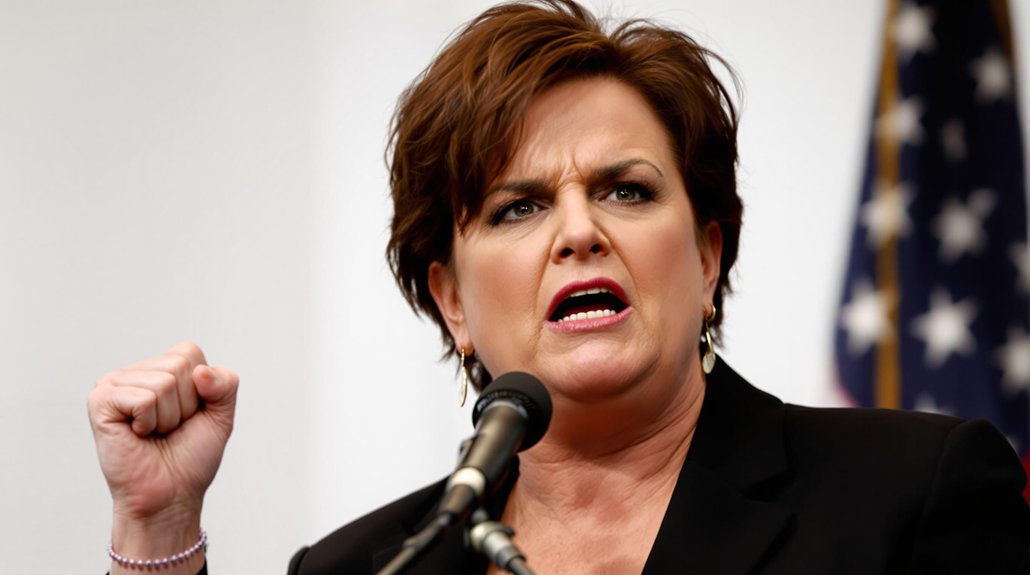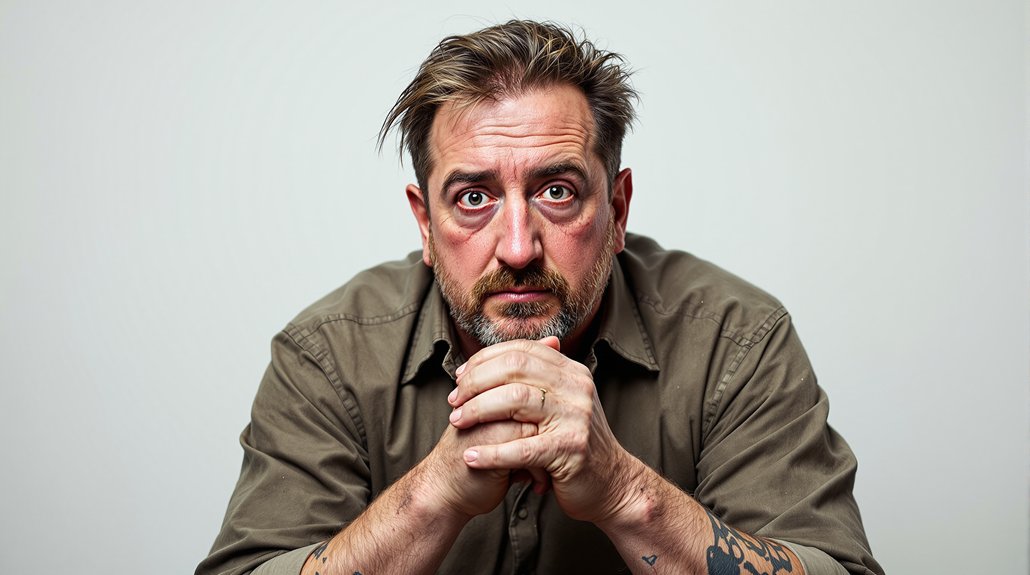Rosie O’Donnell issued a defiant response after Donald Trump threatened to revoke her U.S. citizenship on Truth Social, where he labeled her a “threat to humanity” and suggested she remain in Ireland. O’Donnell described her reply as a brief “five-minute post,” emphasizing her pride in opposing everything Trump represents, while also sharing an Instagram post linking Trump to Jeffrey Epstein. The exchange continues their longstanding public feud and highlights broader constitutional debates surrounding citizenship rights.
Rosie O’Donnell issued a defiant public response to former President Donald Trump’s threat to revoke her U.S. citizenship, describing her statement as a brief “five-minute post” that quickly gained widespread attention across social media platforms. The comedian and television personality emphasized her pride in standing in opposition to everything Trump supports and represents, marking another chapter in their longstanding public feud.
Trump’s citizenship threat emerged through a statement published to his more than 10 million followers on Truth Social, where he claimed he was giving “serious consideration” to revoking O’Donnell’s citizenship. The former president labeled O’Donnell as “not in the best interests” of the United States, declaring she “is a threat to humanity” and suggesting she should remain in Ireland.
Legal experts immediately challenged the feasibility of Trump’s threat, citing the 1967 Supreme Court ruling that prohibits revoking citizenship from native-born U.S. citizens under the Fourteenth Amendment. Constitutional law scholars argue the government lacks authority to strip citizenship in such cases, particularly when targeting individuals born in the United States like O’Donnell.
The citizenship threat against O’Donnell represents part of a broader pattern, as Trump has made similar statements targeting other public figures, including Elon Musk and Zohran Mamdani. These threats coincide with the Trump Administration’s active pursuit of rolling back birthright citizenship laws, though recent federal judges have temporarily blocked related executive orders. The Justice Department has also prioritized denaturalization for naturalized citizens committing certain crimes as part of the administration’s broader immigration enforcement strategy.
The public rivalry between Trump and O’Donnell spans several years, with previous disputes frequently playing out across social media and traditional press outlets. Their exchanges, noted for heightened personal attacks, have become one of the most prominent celebrity-political conflicts in recent memory. O’Donnell’s response included an Instagram post featuring Trump with Jeffrey Epstein, highlighting the former president’s past associations with the convicted sex offender.
O’Donnell’s case has been cited to highlight ongoing debates about citizenship rights in the United States, reflecting broader tensions over immigration and constitutional protections. The White House addressed the controversy amid widespread backlash from legal scholars and advocacy groups, who view Trump’s statements as rhetorical tools rather than enforceable policy measures within the current political climate.








